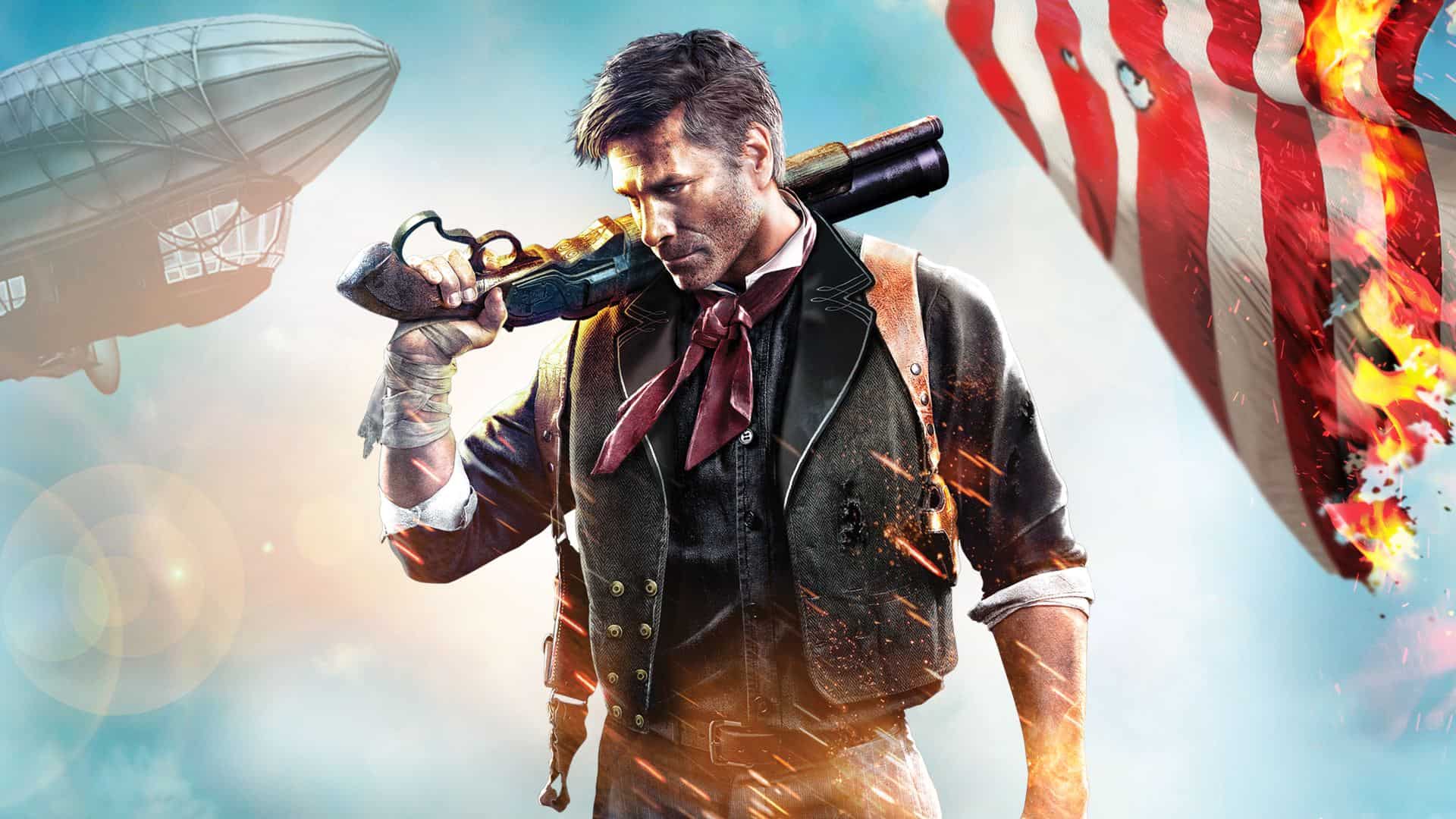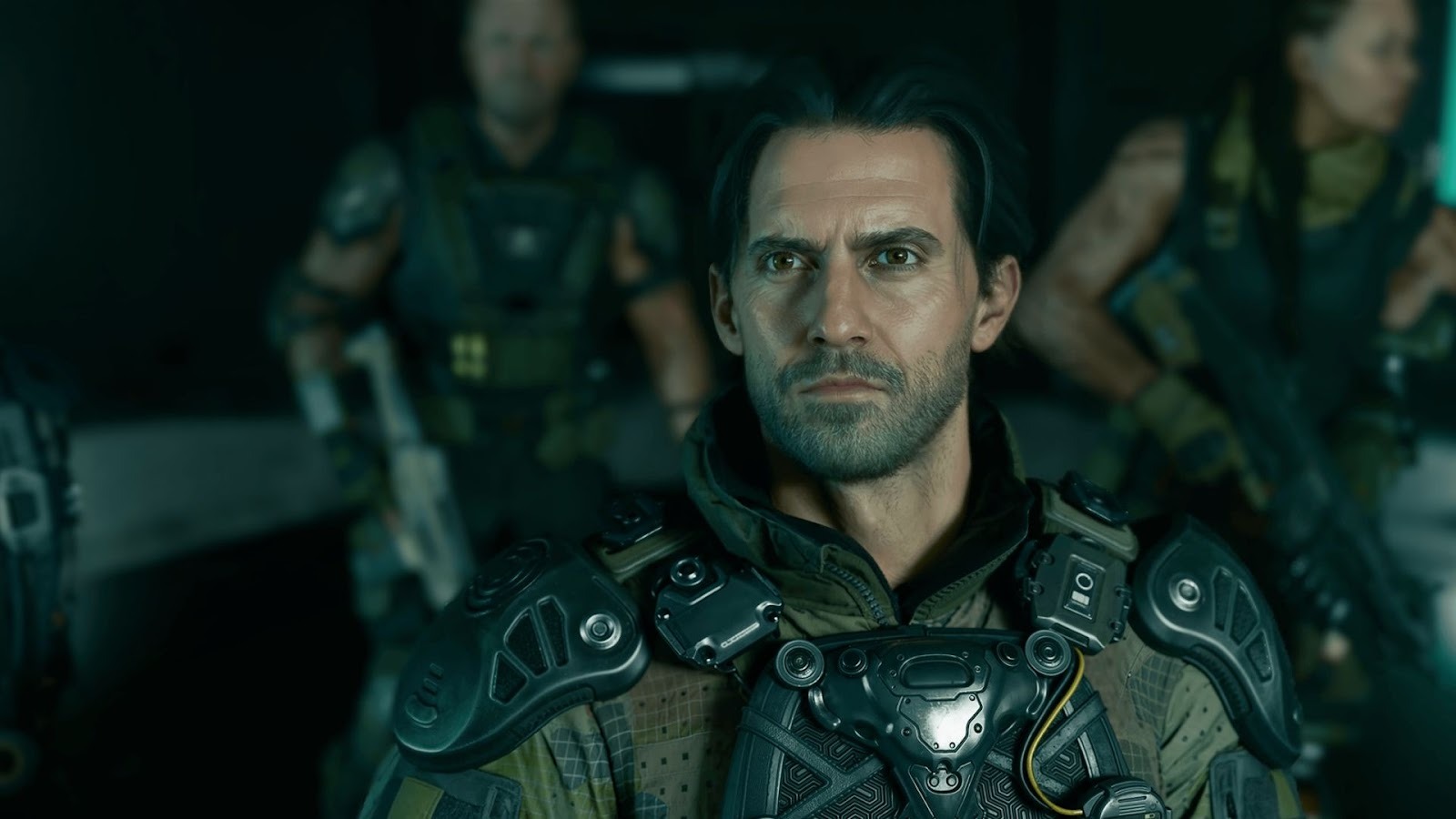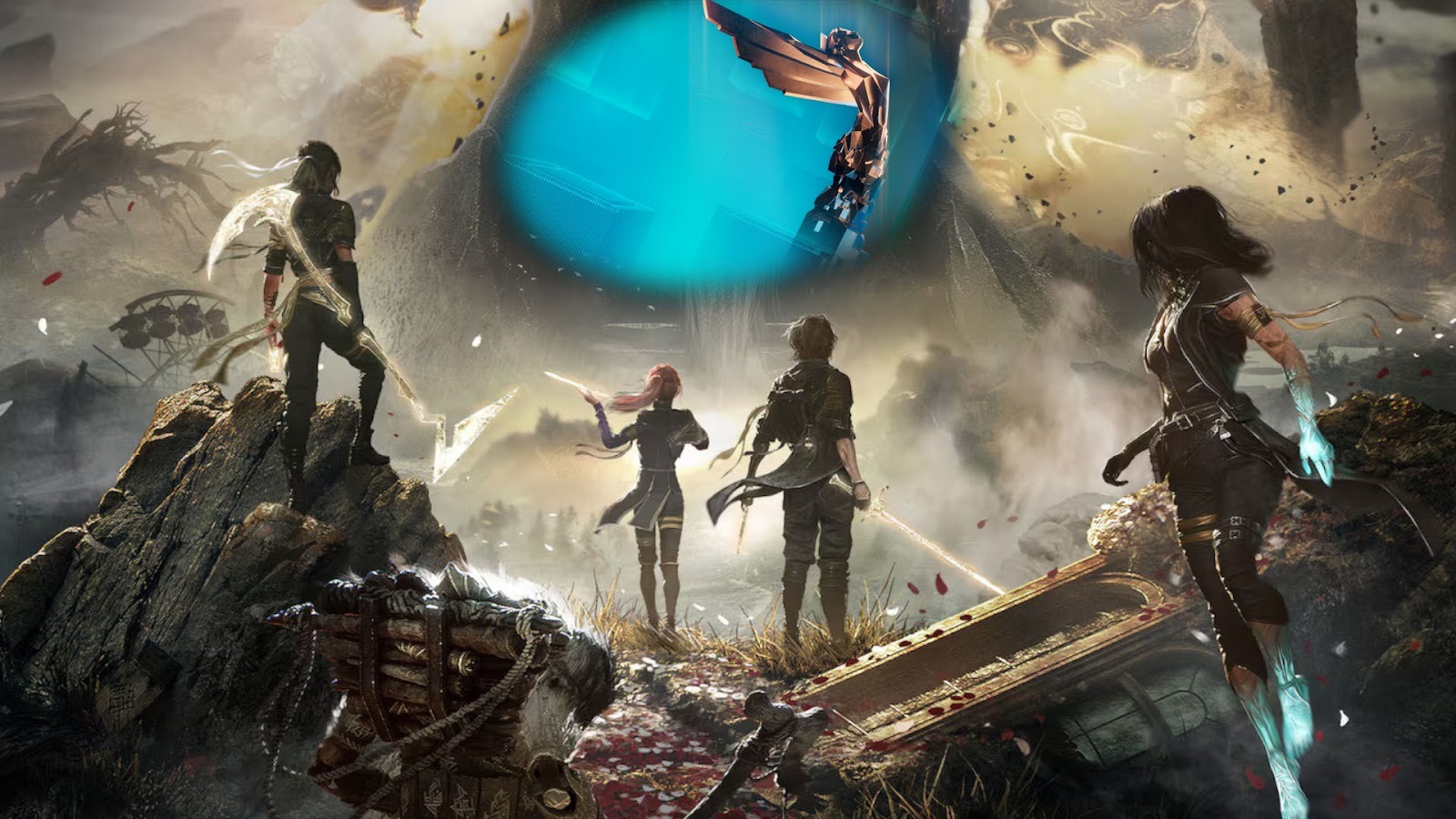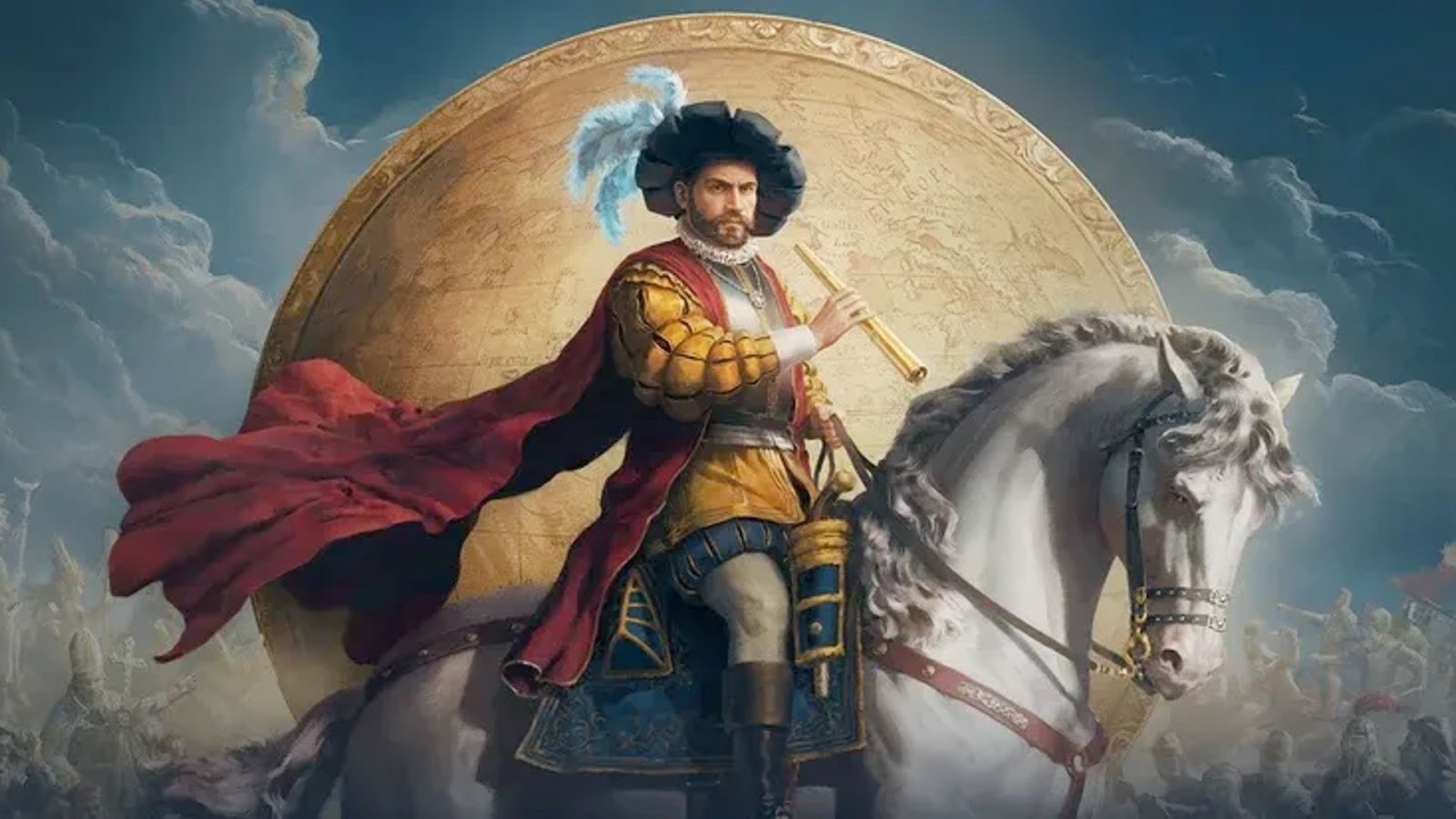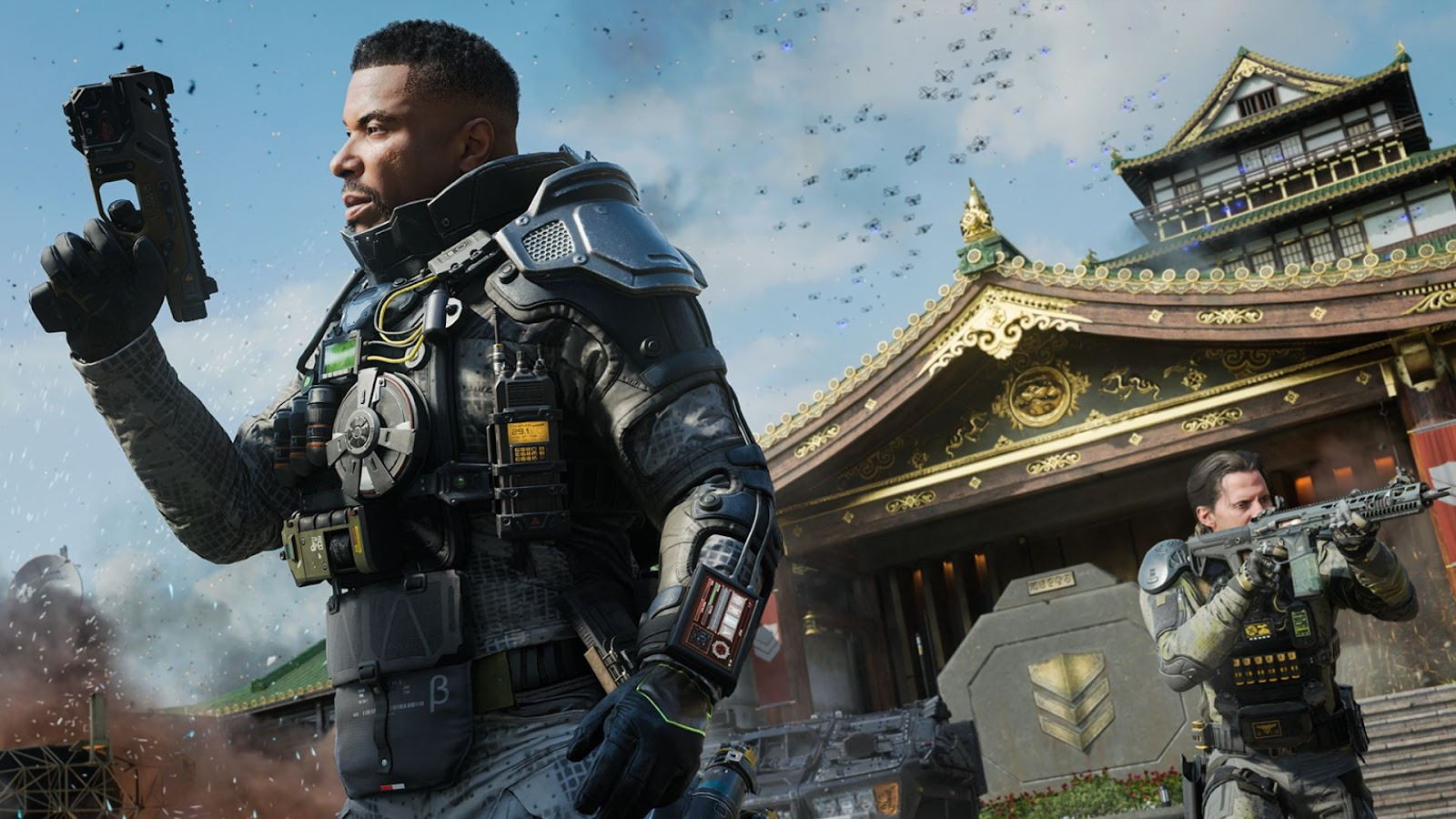You can trust VideoGamer. Our team of gaming experts spend hours testing and reviewing the latest games, to ensure you're reading the most comprehensive guide possible. Rest assured, all imagery and advice is unique and original. Check out how we test and review games here
As a journalist who spends most of his time writing about sports and sports games, I find myself sharing many stories that other people won’t have heard before but certainly relate to. The last-minute goal; the brilliant comeback; the record-breaking transfer, and the young star who shone – all of these tales may have similar themes, but the key components are always different. There’s been much debate in recent times over the need for modern games to push the boundaries of narrative and offer greater agency – an ability to dictate the outcome. The thing is, we’ve had choice all along, we just haven’t been looking in the right places.
Narrative-driven video games must constantly battle with two concepts that leave players feeling equally frustrated and confused: agency and ludonarrative dissonance. We crave the freedom to do as we please, but game-makers must limit our choice in order to tell a cohesive story. We want that seamlessly-woven story, but we also want to shoot, punch, and fight countless enemies on the way, creating disingenuous lead characters.
Lara Croft is horrified at killing a man for the first time in Tomb Raider, but soon goes on a killing spree without the merest hint of remorse. It’s an oxymoron that will exist as long as developers and consumers alike continue to assume we want a Hollywood story, or can’t affix our attention to the game without a shoot-out every 10 minutes.
Of course, there have been attempts to move the medium forward, particularly in 2013. Both Bioshock Infinite and The Last of Us offered wonderful narratives that concluded in ways that kept the gamer active in the story, but inevitably did keep us under control with no choice but to follow the narrow path toward a single conclusion. To discover a story not yet written; to play a game where anything can happen; play 90 minutes of FIFA or four quarters in the NBA.
Sports games offer the same level of unpredictability as their real world counterparts. The reason why sports grip every nation is because of the endless number of heart-in-mouth moments, which have, somehow, managed to be wonderfully replicated in games for so many years.
While EA often get a lot of flack as a business, the evolution of FIFA in recent years has been remarkable, with Ultimate Team sitting front and centre as the true adaptation of football. Building a team from scratch by bargain hunting in the transfer market, tinkering with the squad until they sing to the tune of perfect chemistry, working through the leagues and cups to achieve glory and earn more funds to spend on new signings, or fall foul of modern football, using the money of a wealthy owner to buy new players with additional funds. The consequence of an open market.
My team – the Prem Gems – were in the lowly eighth tier of Ultimate Team seasons. We lacked the firepower to take advantage of the number of chances created, constantly punished for missed opportunities. Then, a friend recommended Alvaro Negredo. “Manchester City’s star striker? Isn’t he expensive?” He’s not, in fact – he’s a bargain. After making the transfer, I moved him immediately into the starting line-up for a must-win match to take the title. A 6-2 victory later, with all goals scored by my new acquisition, and we were the champions.
Everyone who has ever played a sports game will have a story. One moment that has stuck with them no matter how many years have trickled by. These events will live longer in our memories than any narrative-driven game that we’ve seen, and the reason is because we are the storytellers. We didn’t follow the lines of somebody else’s script; the quill lay in our hands as we desperately attempt to put balls, pucks and fists in nets, end zones and faces.
Aside from sports games, there is another title that has bridged the gap, and offered us a ‘game’ in the truest sense of the word. It was arguably the greatest game of the last console generation, possibly ever: Dark Souls. Incredible because it presents us all with a world and no direction, simply the tools to (barely) survive.
On the eve of the release of its sequel, Dark Souls II, Peter Serafinowicz said in an interview: “Dark Souls is a game, and I think games have forgotten to be games… Miyazaki-san said ‘games should stop being more like films, and films should stop being more like games, and they should both be more like themselves'”.
In order for the genre to evolve, it must move away from the tropes of movie narrative, which have served us well, until now. Games must write their own rule book if we are to truly move forward as a medium and offer experiences that cannot be found anywhere else. I don’t want to play movies. I want to play games. This is why those that deal with sports and the likes of Dark Souls are some of the best experiences available: they tell a different story every time I pick up a pad.
The Last of Us was never the ‘Citizen Kane’ moment – we’re not there yet. If writers are looking for inspiration in their narratives, maybe they should look in a different direction than to the lights of Hollywood, and towards the depths of Anor Londo, or the green of Old Trafford…
BioShock Infinite
- Platform(s): Linux, Nintendo Switch, PC, PlayStation 3, PlayStation 4, Xbox 360, Xbox One
- Genre(s): Action, Shooter

/https://oimg.videogamer.com/images/9d51/bioshock_infinite_48.jpg)
